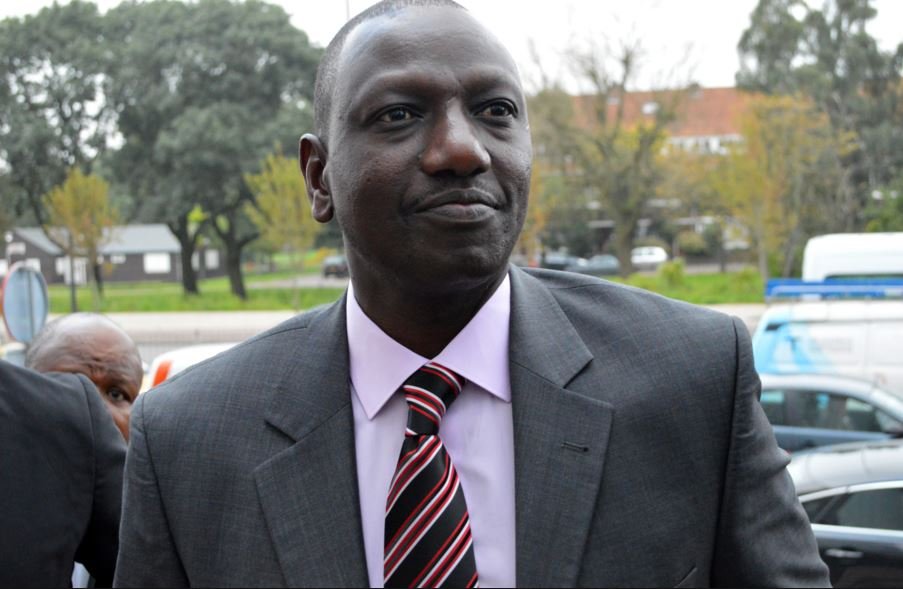Media silence on eve of Italy’s crunch referendum
Media silence was imposed across Italy Saturday on the eve of a constitutional referendum crucial for Prime Minister Matteo Renzi, who has staked his future on the government reforms.
In the frantic final round of campaigning which ended on Friday, Renzi’s rivals vowed to defeat referendum proposals to streamline parliament and force the centre-left leader out of office.
The 41-year-old premier is hoping for a last-minute turnaround in voter sentiment, having pledged to quit in the event of a “No”.
While all media comment on the referendum is now banned until polling ends at 11:00 pm (2200 GMT) on Sunday, the campaign continued on social media.
But #silenzioelettorale (electoral silence) was the among Twitter’s top-trending topics as Italian web users rejoiced at the end of a highly-charged campaign.
Politically and economically, the stakes are high.
After Britain’s vote to leave the European Union and Donald Trump’s presidential triumph in the United States, Renzi is being portrayed as next in line to suffer a populist backlash from fed-up and forgotten voters.
A “No” vote would be seen as bolstering the populist Five Star Movement as well as the anti-immigrant, anti-EU Northern League.
The possibility of Renzi stepping down from power has focused the campaign on his record, exacerbating fears of political instability and economic turbulence in the eurozone’s third-biggest economy should he be forced out.
The last permitted opinion poll, published on November 18, gave the “No” camp a lead of at least five-to-eight percentage points, with more than a quarter of voters undecided.
At stake is whether to slash the size and powers of the second chamber Senate and transfer other powers from the regions to the national government.
Renzi says this will mean more effective leadership of a country that has had 60 governments since the constitution was approved in 1948.
And it seems certain some disgruntled voters will vote “No” as a protest — either against Renzi or the years of economic stagnation.
The proposals have come under fire from opponents who see them as ill-considered and potentially opening the door to the kind of authoritarian rule the constitution is designed to prevent.
A large majority of the political class, from the far-left to the extreme right, have warned about the risk of concentrating too much power in government hands.
Some 50 million Italians are eligible to vote, but many have yet to make up their minds.
Roberto Benini, a middle-aged PR manager in Rome, said he’d try to persuade everyone he knows to vote “Yes” to take “a small but important step” to improve current conditions.
“With a ‘Yes’, we will have stronger government. It is not a revolution, not a paradise, but the alternative is the status quo, which is a lot worse,” he told AFP.
In the Mercato Trieste, a food hall in a leafy middle-class neighbourhood of northern Rome, most of the traders and shoppers on Saturday morning appeared to be either opposed to the reforms or yet to make up their minds.
Vendor Emanuela Carosi, wrapping free range eggs in bundles of newspaper, said she would definitely vote “No”.
“The constitution was written by chosen people, luminaries, not politicians like we have today. They are not up to it. And I’m worried that it could undermine our democracy.”
Slicing Wagyu beef steaks at an upmarket meat counter, butcher Antonio Canestri said he also opposes the reforms but may vote for them for fear of the consequences.
“I am worried about the possibility there could be economic chaos if the ‘No’ wins,” he said.
Former premier Silvio Berlusconi initially gave his blessing to the proposed reforms but switched sides as the rising tide of opposition put Renzi’s job on the line.
“Go out and vote so that Renzi doesn’t become our boss and the boss of Italy,” he said on Friday.
At the same time Renzi was campaigning in Florence, where he was formerly mayor, urging supporters to convince the undecided.
“There are so many of them and we must go and seek them out, one-by-one, because everything will be decided in these 48 hours,” he said.
The possibility that it could turn into a tight race has energised Italians abroad, for whom voting ended on Thursday.
Expat Italians number around four million — or 7.7 percent of the electorate — and a strong showing there could likely boost Renzi’s “Yes” camp.


